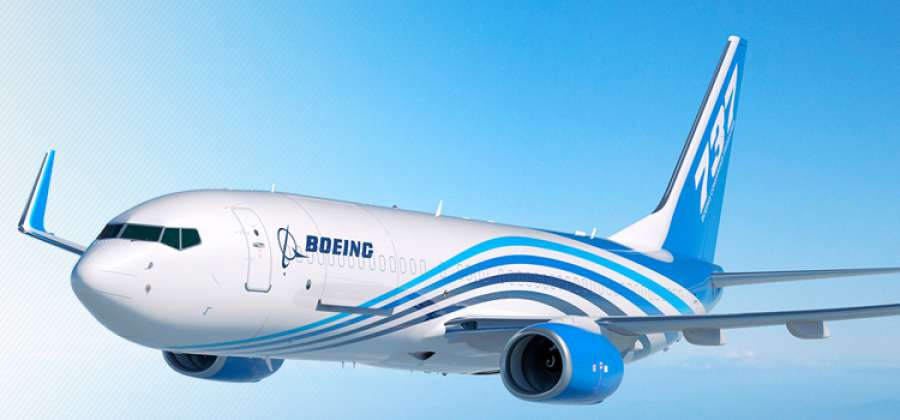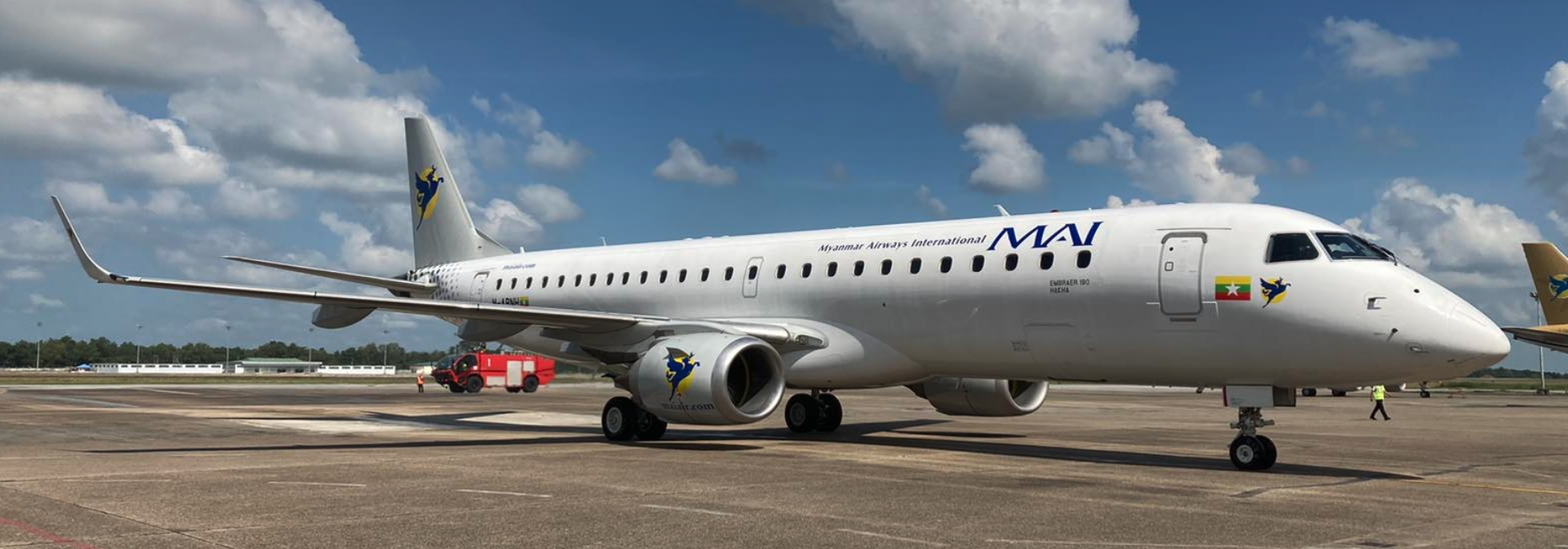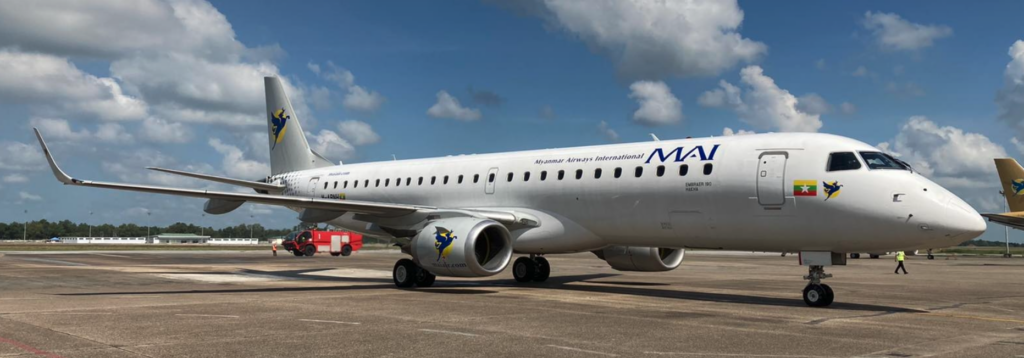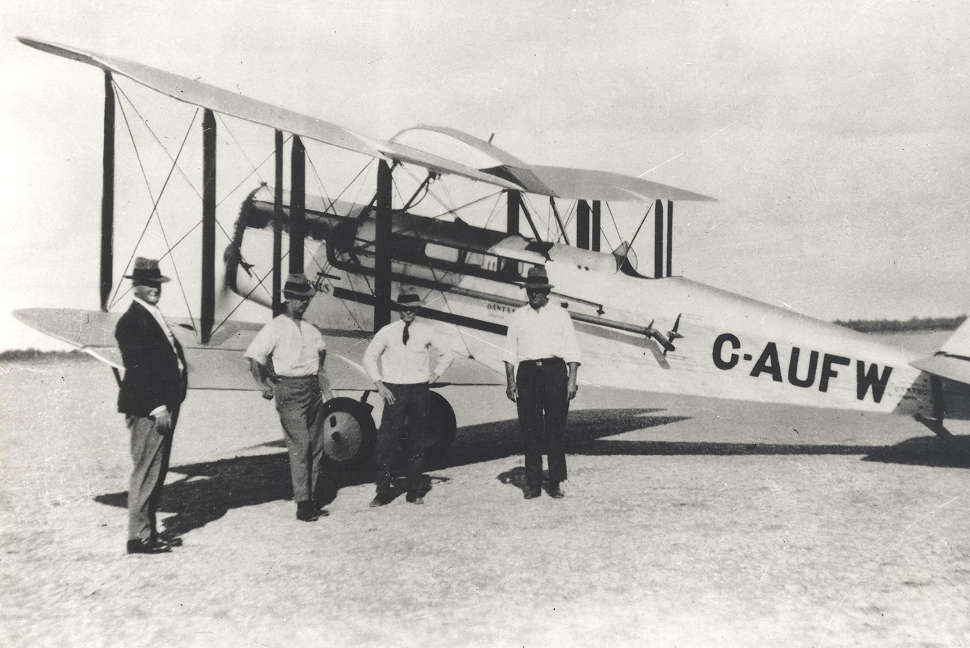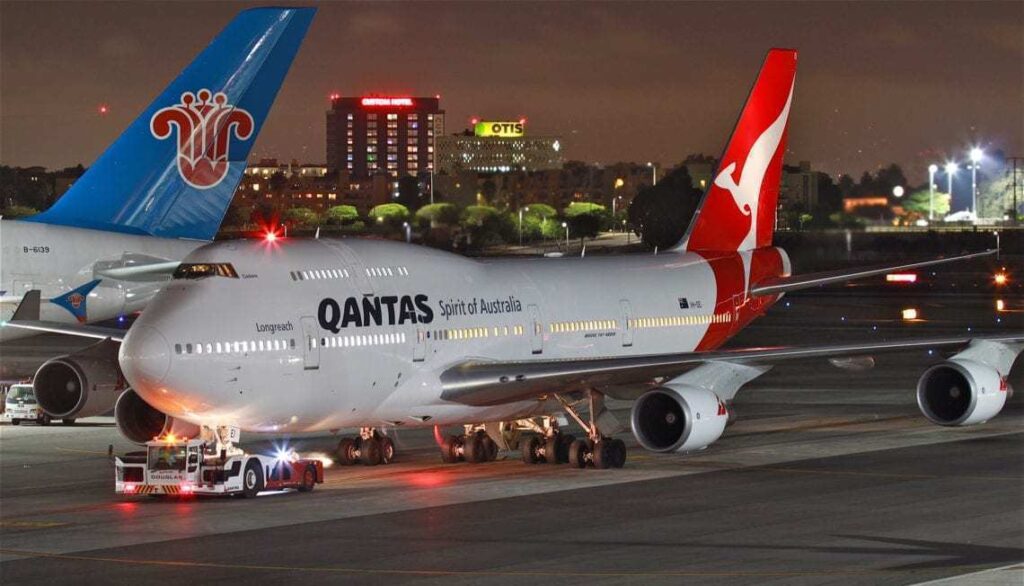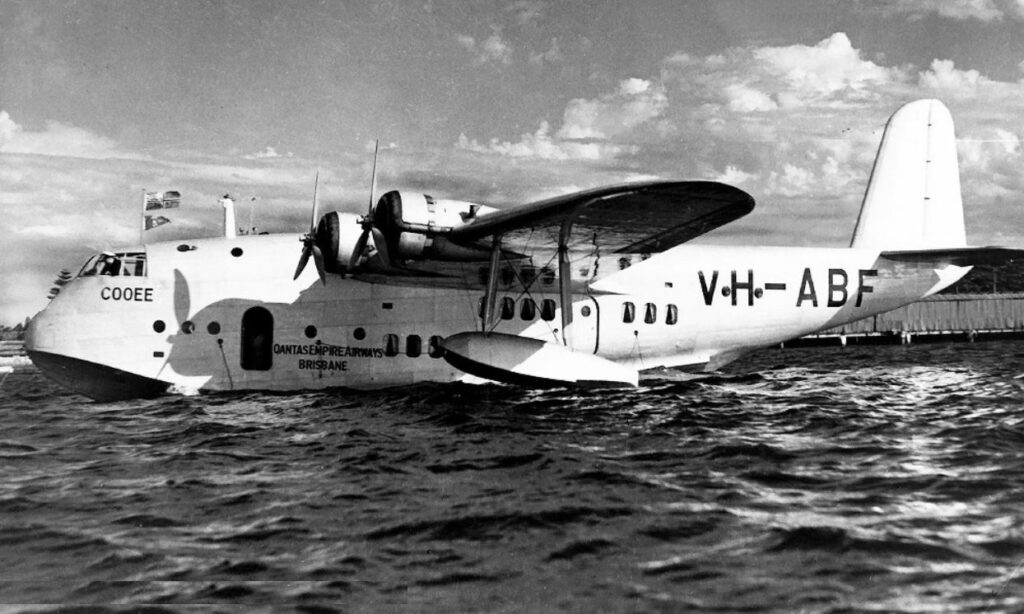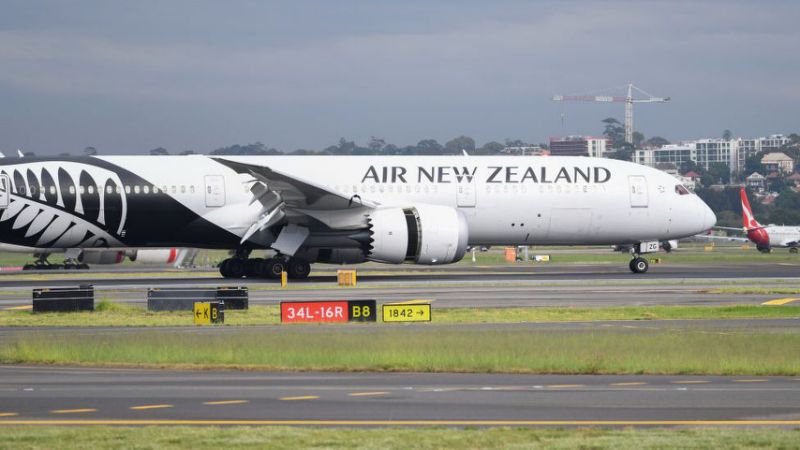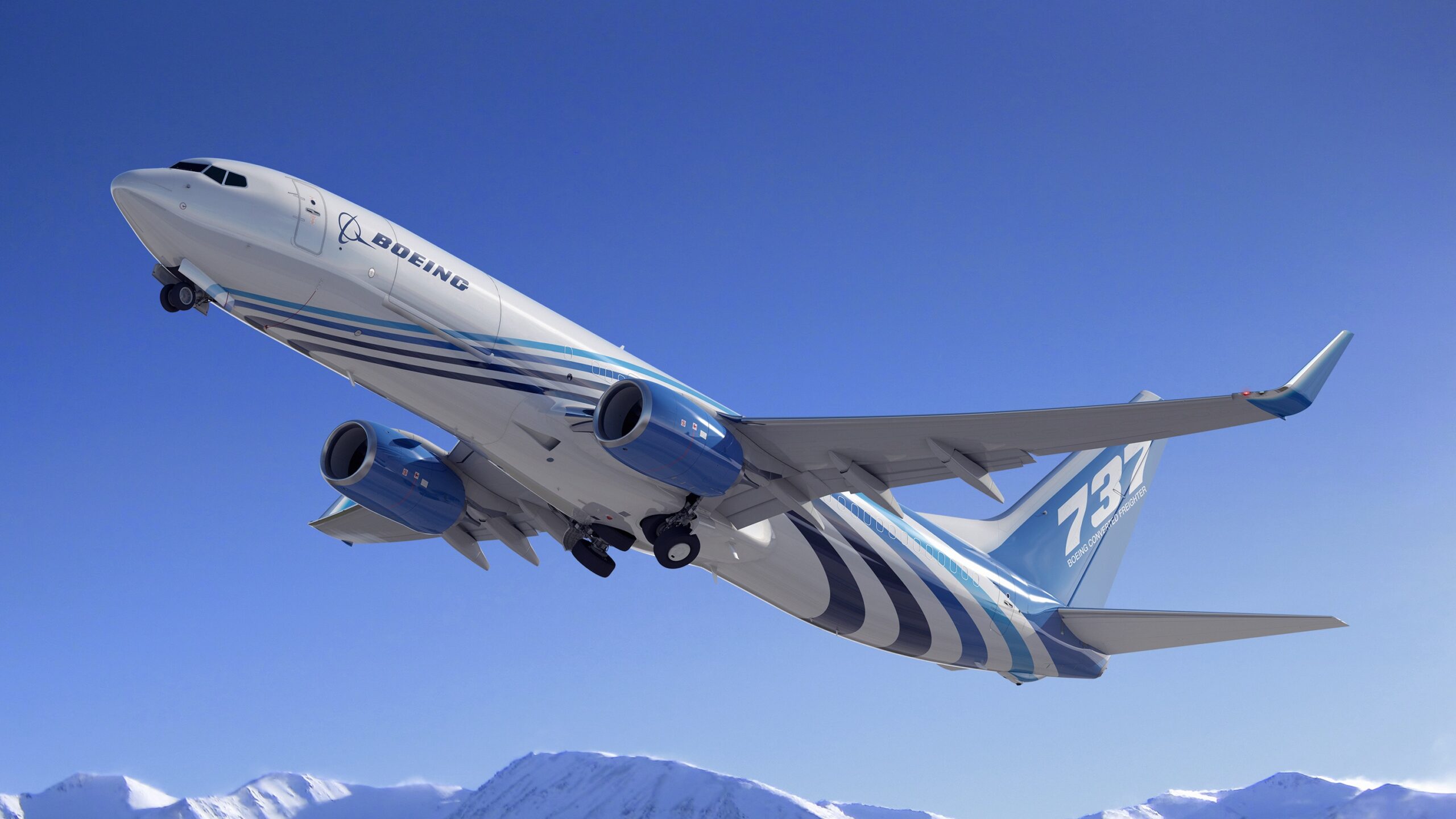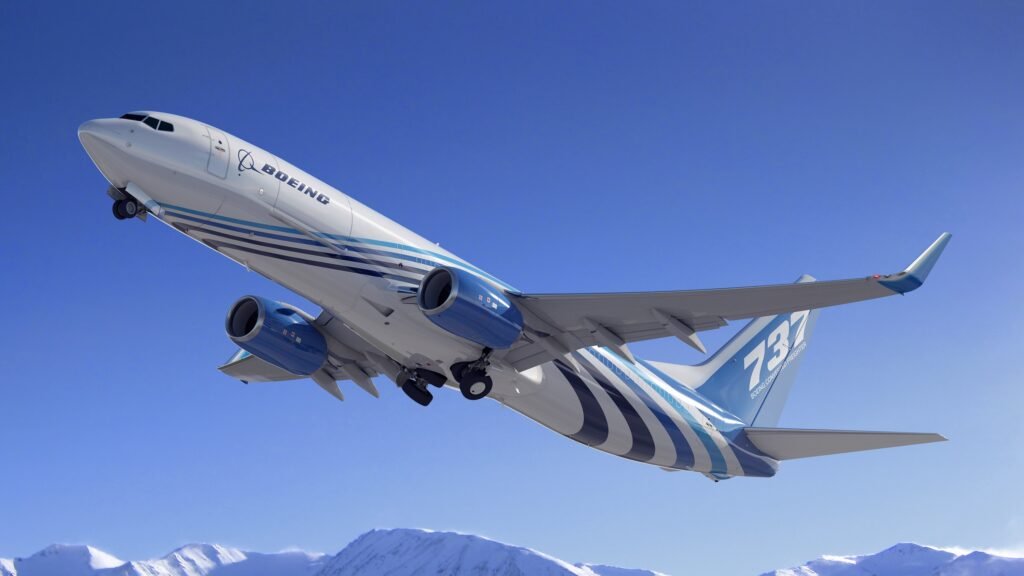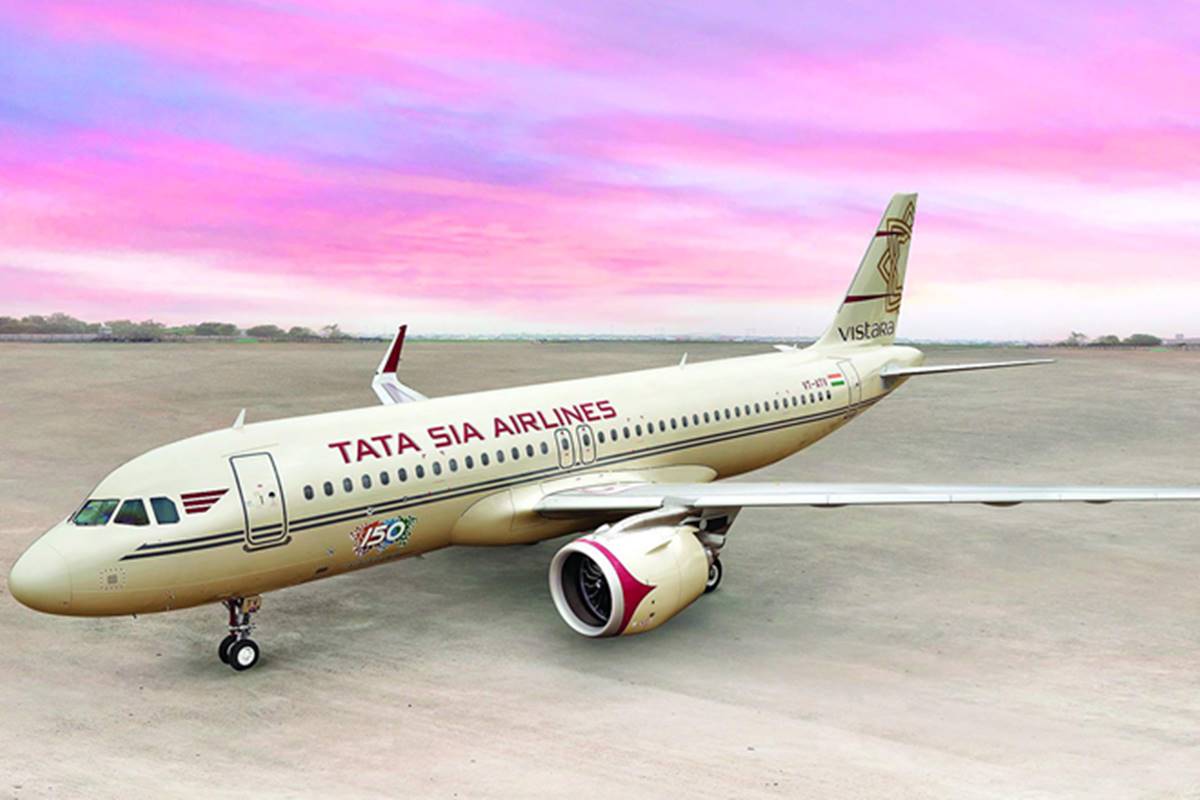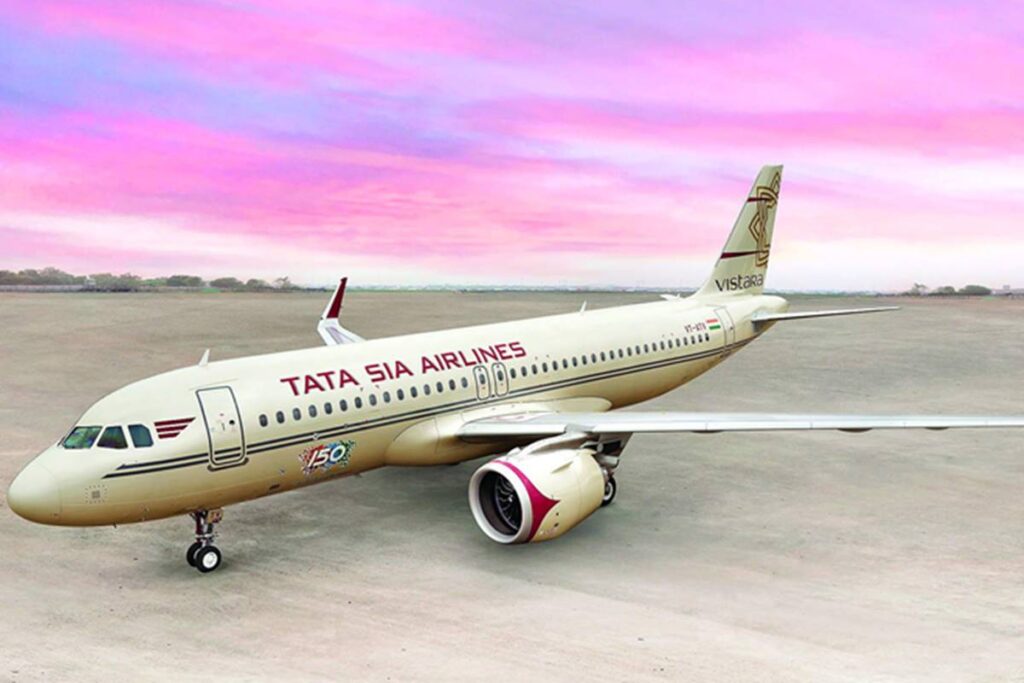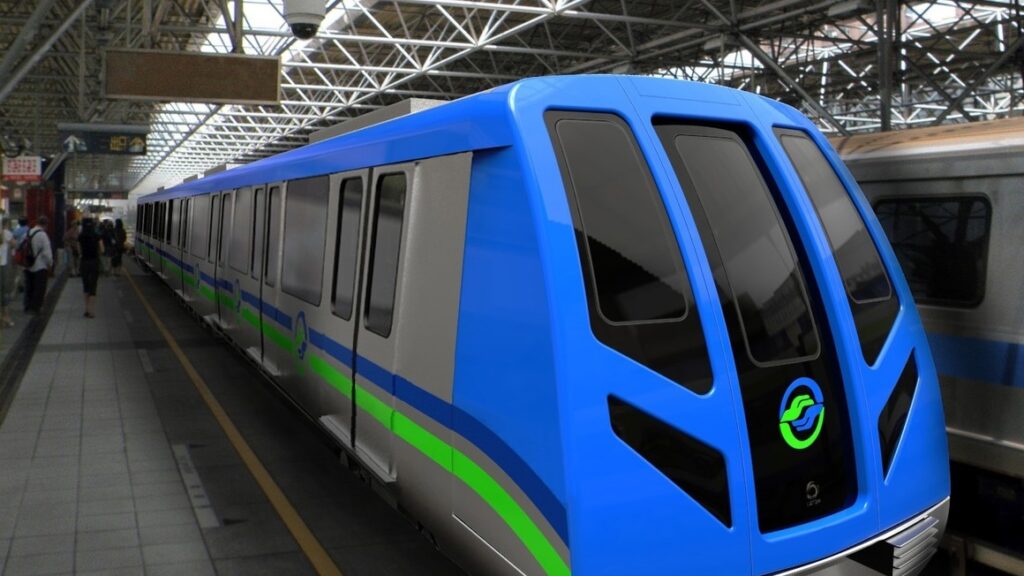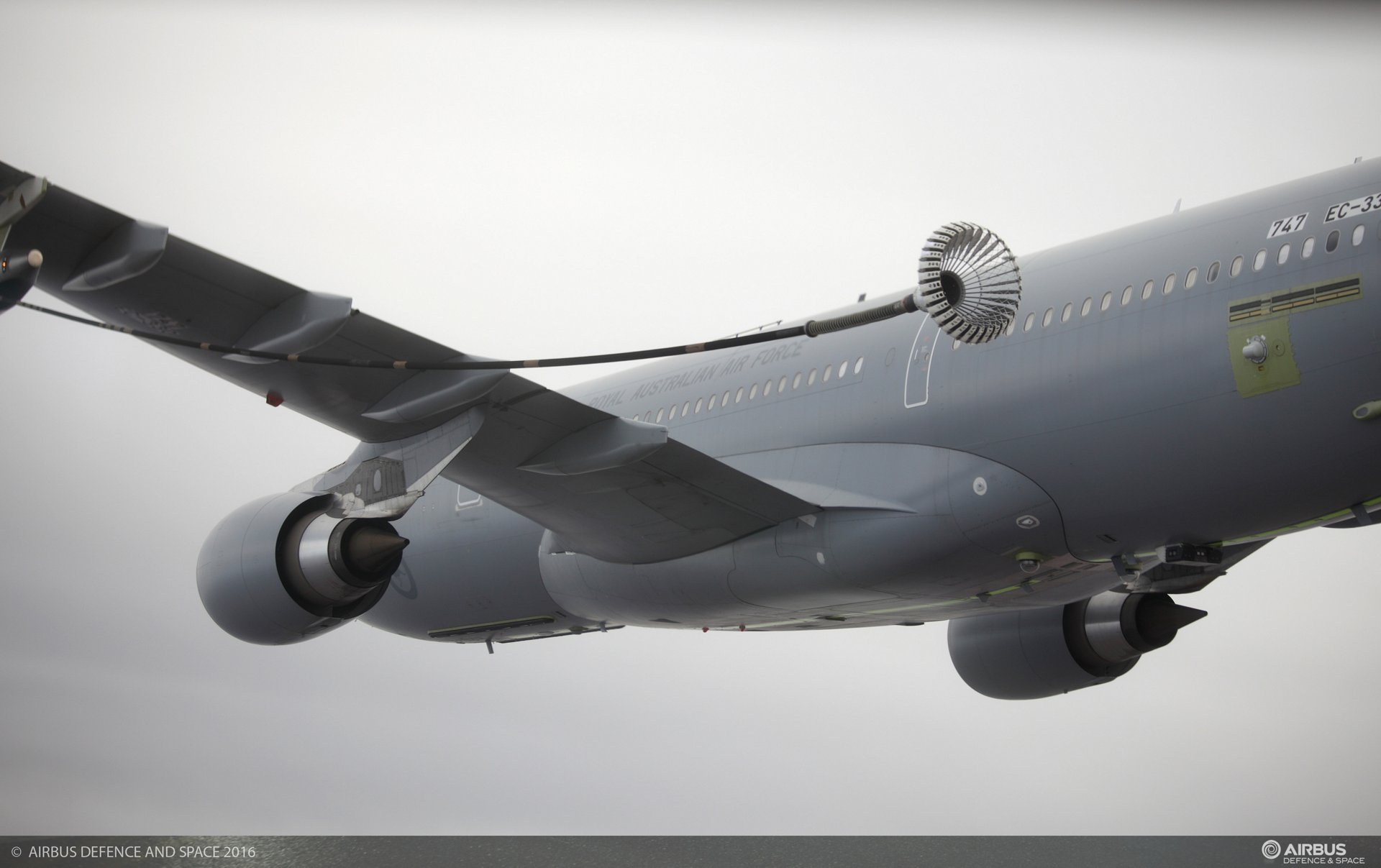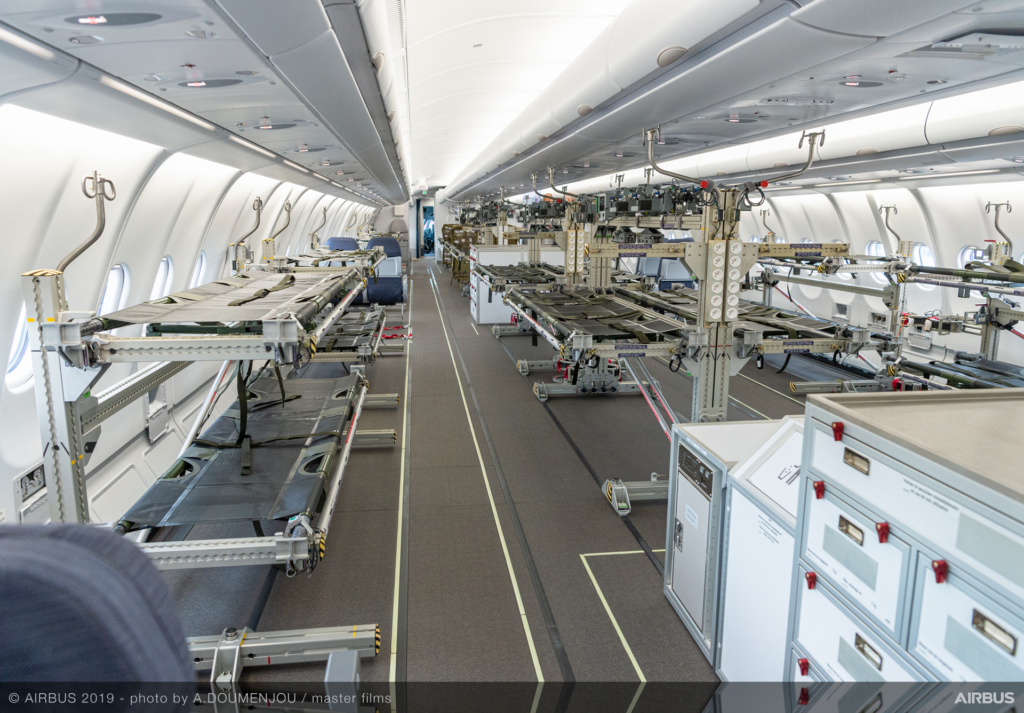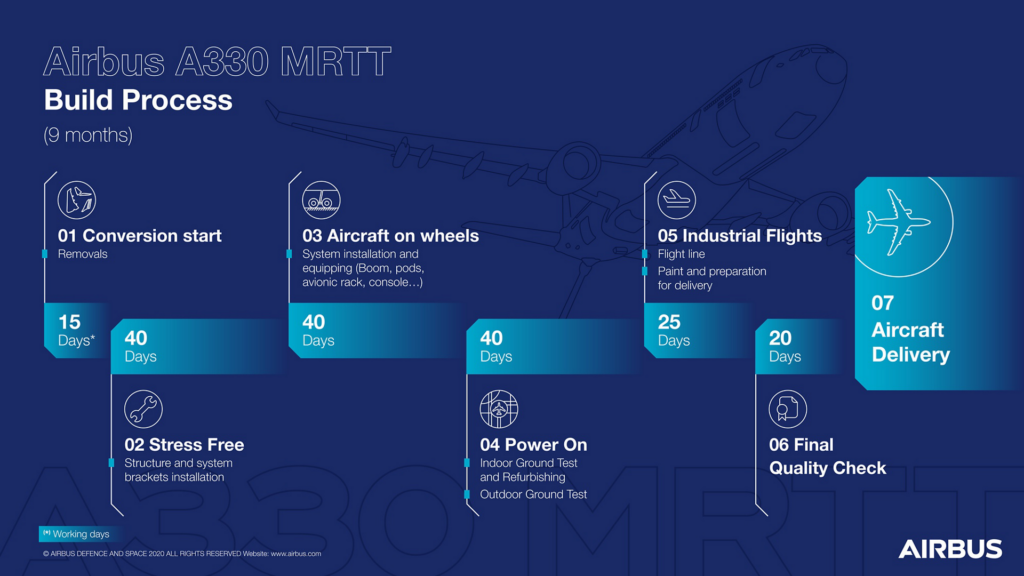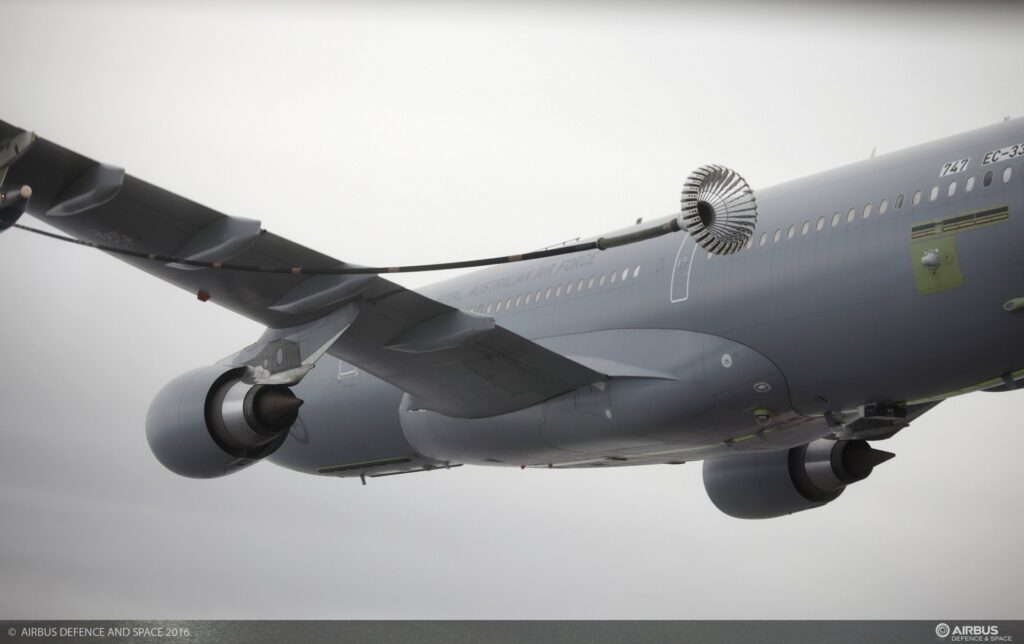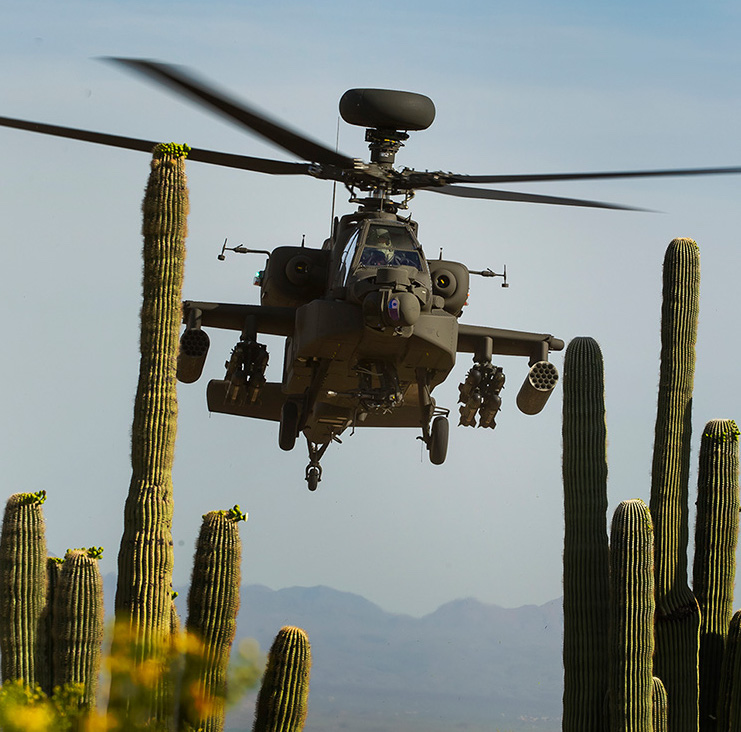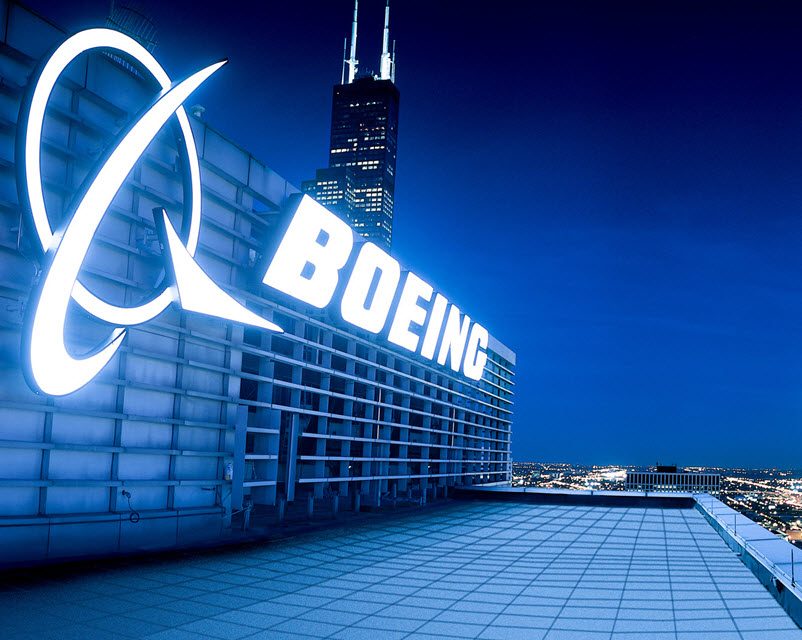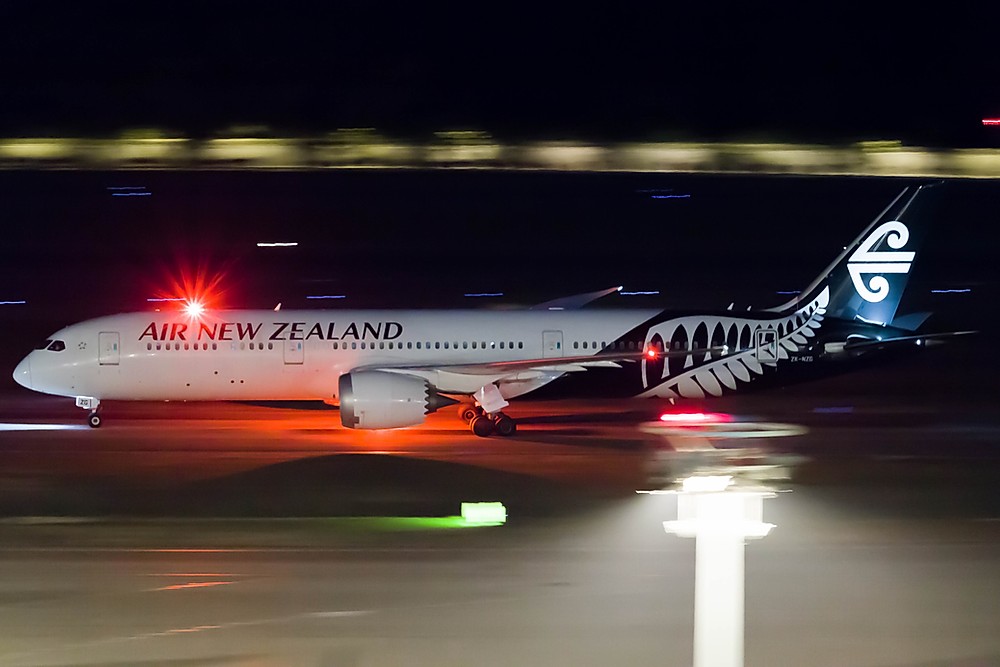Boeing [NYSE: BA] and BBAM Limited Partnership today announced the lessor is expanding its 737-800 Boeing Converted Freighter fleet with six firm orders and six options. The agreement brings BBAM’s 737-800BCF orders and commitments to 15 and highlights the continued strength of the e-commerce and express cargo market.
“As we look ahead to expanding our cargo fleet, the 737-800 Boeing Converted Freighter provides the performance and efficiency our customers need,” said Steve Zissis, CEO of BBAM. “Adding these highly capable freighters to 276 Boeing airplanes in our managed fleet helps to further strengthen our leadership position in the marketplace.”
Based on the popular Next-Generation 737, the 737-800BCF is meeting customer demand for a newer-generation freighter that offers higher reliability and lower fuel consumption and operating costs per trip compared to other standard body freighters. Primarily used to carry express cargo on domestic or short-haul routes, the airplane is capable of carrying up to 23.9 tonnes (52,800 pounds) and flying up to 2,025 nautical miles (3,750 kilometers). Since entering service in 2018, the 737-800BCF has won more than 150 orders and commitments.
“BBAM is one of the industry’s leading full-service leasing companies and has built their reputation on smart investments. We are honored that BBAM has selected more 737-800BCFs, based on the success of our standard body freighters in their portfolio,” said Ihssane Mounir, Boeing’s senior vice president of Commercial Sales and Marketing. “The continued strong demand for the 737-800BCF demonstrates the critical role these converted freighters play in the growing express and e-commerce market.”
BBAM is the world’s largest dedicated manager of investments in leased commercial jet aircraft, providing over 200 airline customers in more than 50 countries with fleet and financing solutions over the last three decades. BBAM is the only manager in the aircraft leasing industry focused exclusively on generating investment returns for third-party investors. BBAM currently has more than $28 billion of assets under management and employs over 150 professionals at its headquarters in San Francisco and in additional offices in Tokyo, Singapore, Zurich, Dublin and Santiago. For more information about BBAM, please visit its website at www.bbam.com.
Boeing is the world’s largest aerospace company and leading provider of commercial airplanes, defense, space and security systems, and global services. As a top U.S. exporter, the company supports commercial and government customers in more than 150 countries and leverages the talents of a global supplier base. Building on a legacy of aerospace leadership, Boeing continues to lead in technology and innovation, deliver for its customers and invest in its people and future growth.
